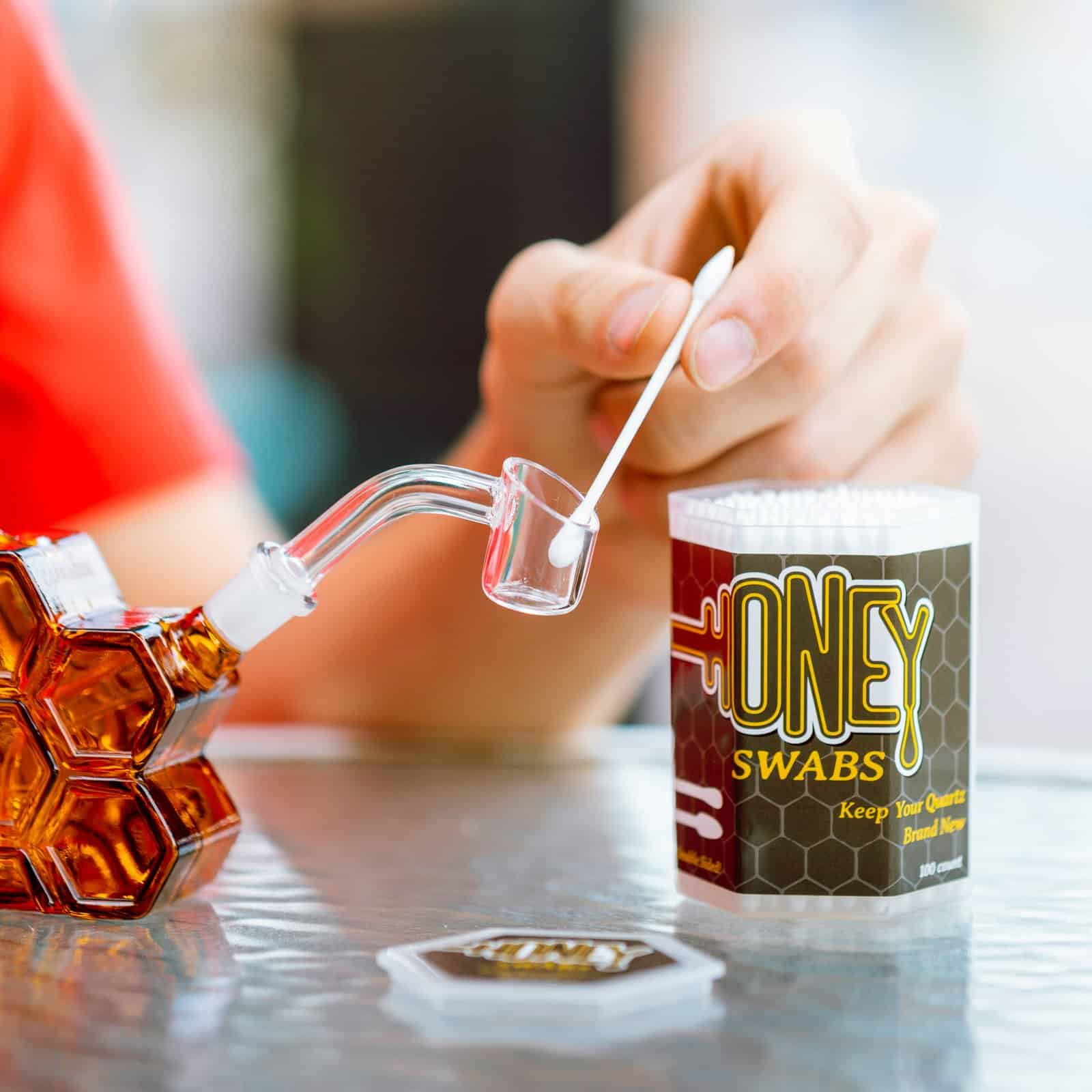
Adolescent cannabis use has decreased for the ninth consecutive year, according to the most recent survey from Healthy Kids Colorado, an initiative of the Colorado Department of Public Health and Environment (CDPHE) to gauge the health and well-being of young people. But the youth who do imbibe are increasingly turning to stronger products, a trend that has sparked action from parents and health care providers.
The survey data released June 13 shows that the percentage of high school students who use cannabis has dropped 7% since 2013.
“We are extremely pleased to see the rate of current cannabis use among Colorado high school students continues to decline and remains lower than the national average,” Chuck Smith, board president of cannabis industry group Colorado Leads, said in a statement about the survey results.
In 2019, the survey reported a 69% increase in THC vaping among high school students over two years. Half of the students who reported marijuana use that year had been using concentrated cannabis. Healthy Kids data indicates use of cannabis concentrates among high schoolers reached a high of 49.2% in 2021.
“For the sake of profit, the marijuana industry has recruited the youth of Colorado to be unwitting participants in a large-scale natural experiment,” The Drug Free America Foundation Incorporated (DFAFI) wrote in an article on the 2019 Healthy Kids Survey’s findings. “The industry assured us that adequate safeguards would be in place to ensure that legal marijuana would stay out of the hands of our youth. Clearly that has not been the case.”
DFAFI and other groups rallied around the fear that adolescents were getting access to shatter, hash and wax from medical marijuana patients who were illegally diverting them. Groups of concerned parents organized and worked with lawmakers to address that perceived problem through Colorado House Bill 1317, “Regulating Marijuana Concentrates.”
That bill became law in 2021 and put severe restrictions on how much cannabis concentrate a medical marijuana patient could purchase. It also implemented “maximum THC potency” and dosage form recommendations (Weed Between the Lines, “Concentrated Regulation,” July 1, 2021).
“The reality is that it’s too easy for Colorado’s youth to access high-potency marijuana when they shouldn’t be able to,” House Speaker Alec Garnett, one of HB1317’s sponsors, said at the bill’s signing. “We don’t have the full picture of how these products impact the developing brain.”
A group of parents have asked Boulder’s Cannabis Licensing Advisory Board to ban the sale of concentrates and other high-potency products in the city, Boulder Reporting Lab reported in early June, although it’s unclear if the group has the authority to do so. Parents, educators and health care providers say the higher THC content is negatively impacting teens’ mental health.
According to the 2023 Healthy Kids Colorado survey, 8% of youth used THC concentrates, hash oil, or waxes in the past month. That has not changed since 2021.
Still, CDPHE’s 2021 survey found that the under-18 demographic was 35% less likely to use cannabis than ever before. And the most recent results from 2023 show 12.8% of high schoolers had used cannabis in the past 30 days, the lowest number since reporting began in 2013.
The results from this survey back up other research showing that legalizing recreational cannabis does not increase youth use. A recent study from Washington State University showed that lifetime and recent cannabis use has declined among adolescents and teens. Another study from the University of Massachusetts indicated that adolescents were no more likely to use cannabis after it had been recreationally legalized. And yet another study from 2022 funded by National Institute on Drug Abuse showed that cannabis legalization was not associated with teen use.
The Journal of the American Medical Association (JAMA) backed those findings up with its own two-page paper on the topic. Released in April, it concluded that “after legalization, there was no evidence of an increase in marijuana use” among teens.
“Significantly fewer high school students report cannabis is easy to get today compared to the years preceding legal adult sales, which suggests our system is working as intended with regard to preventing youth access,” said Colorado Leads’ Smith in his statement. “Colorado continues to be proof that regulating cannabis works.”
